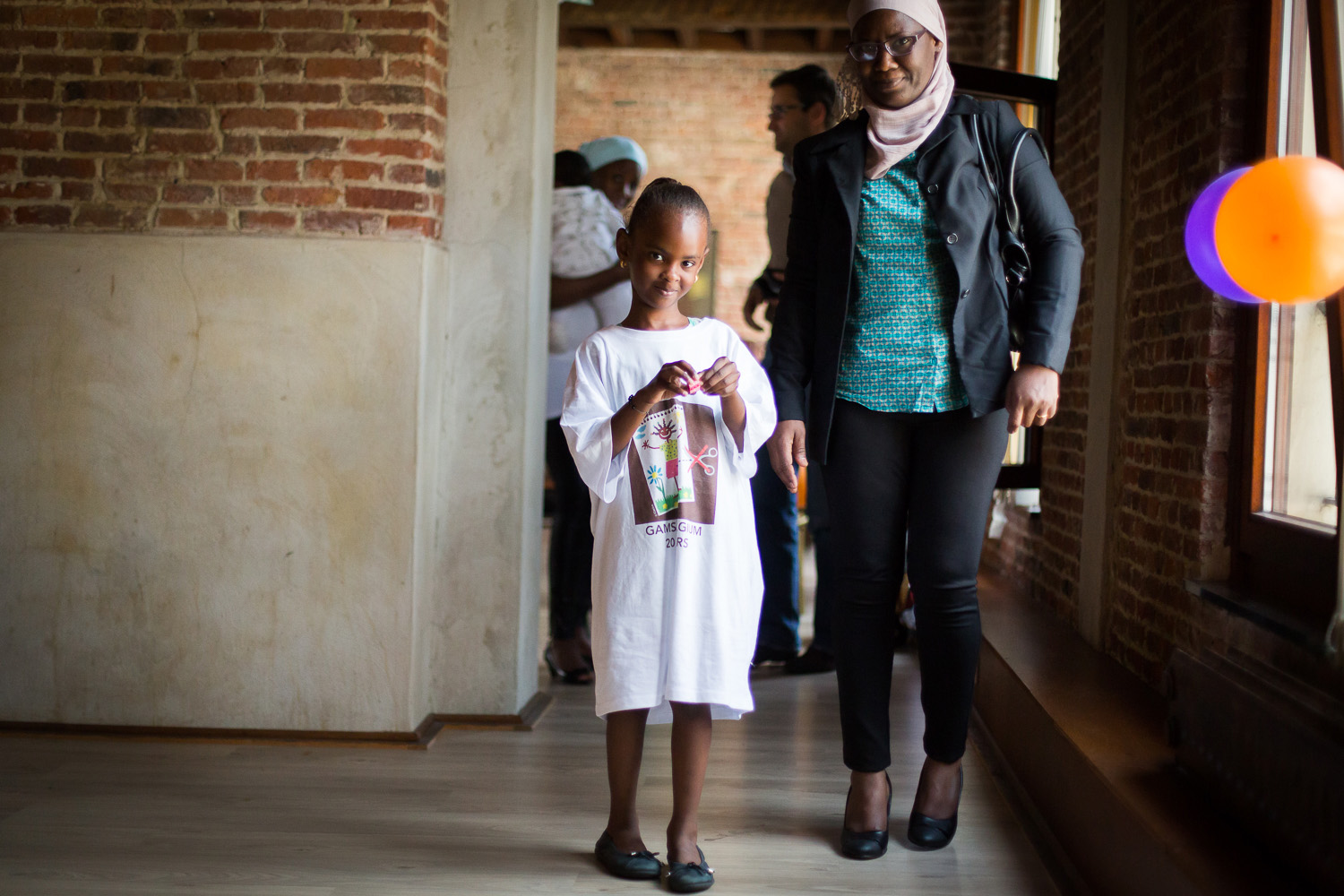press release dated 28 September 2020
Belgium Reprimanded by the Council of Europe’s Group of Experts
Press Release from the Coalition “Together Against Violence,” of which GAMS Belgium is a member:
Belgium Reprimanded by the Council of Europe’s Group of Experts
The Group of Experts (GREVIO) responsible for monitoring the implementation of the Istanbul Convention (Convention on preventing and combating violence against women and domestic violence) has released its evaluation report of Belgium on September 21st. The Coalition “Together Against Violence,” which comprises around sixty grassroots associations working on this issue, calls on the authorities to integrate the recommendations of the Council of Europe into clear, coherent, and adequately budgeted policies, and to align with the Istanbul Convention, as they have committed to do.

Belgium Must Do Better
In a “Covid-19” context that has already glaringly exposed the inadequacy of prevention measures and shortcomings in providing assistance and support to women and children victims of violence, the report from the Group of Experts comes at an opportune moment to guide Belgium in designing and implementing a real effective policy in this area. It points out numerous structural and concrete problems: lack of clarity in budgets and financial resources, insufficient recognition of the expertise of grassroots associations, as well as a lack of adequate shelter spaces, difficulties in addressing the needs of all women (migrant women, women with disabilities, elderly women, etc.), and the multiple discriminations they face… The list goes on.
Children Forgotten by Belgian Policies
Among the highlights of the report, the Group of Experts raises the issue of children living in a context of violence between (former) partners. These children are victims, whether they witness violence or are themselves abused, with potentially serious consequences for their mental health. Yet, courts and specialized services in youth assistance tend to overlook the context of violence when it comes to, for example, custody and visitation rights of children during a separation. The bond with the father is often favored despite the risks, as if the violence did not exist, miraculously stopped with the separation, or had no impact on them. When they dare to speak up about the violence they experience, even sexual violence, the children’s voices are often doubted, just like those of their mothers. Belgium must act to truly protect these children and better train the professionals, who often have no understanding of what partner violence entails.
Missteps in Discourse and Policies Erasing the Gender Dimension
Belgium tends to minimize the sexist nature of violence, states the report from its introduction. This is no small criticism, as it is the very foundation of the Istanbul Convention. Belgium, when it ratified this Convention in 2016, committed to combating structural violence specifically against women because they are women. The neutrality shown by Belgium in this matter is deemed dangerous by the Council of Europe’s experts: it can lead to gaps in the protection and support of women. As indeed happens, for example, when a femicide is treated as an ordinary crime, or worse, as a “love story” gone wrong. Furthermore, the Group of Experts strongly reminds that denying the process of domination at work in violence between (former) partners too often leads judges and victim support services to favor mediation as the only option, even though alternative modes of conflict resolution are prohibited by the Istanbul Convention.
Lack of Coherence, Opacity in Budgets, and Nonexistent Statistics
The fact that Belgium does not seem to really know what it is fighting against, i.e., structural violence stemming from a historical process of men’s domination over women, is compounded by a lack of effective coordination between the federal level and the federated entities. This fragmentation hinders the coherence of policies and approaches, and the expertise of grassroots associations is not sufficiently solicited. On the other hand, these same associations are receiving fewer and fewer subsidies, and nothing guarantees their sustainability. The state coordinating body for the National Action Plan (NAP) to combat intra-family violence and gender-based violence, the Institute for the Equality of Women and Men (IEFH), sees its budget decrease year after year. These shortcomings in funding are part of an overall budget that is impossible to determine. The lack of coordination also leads Belgium to lack exploitable statistics, and field surveys are too outdated and based on indicators that once again ignore the gender dimension, resulting in unreliable results.
As Belgium is engaged in the reflection of the future National Action Plan to combat violence against women, the Coalition “Together Against Violence” calls on the authorities and the Institute for the Equality of Women and Men to integrate the GREVIO recommendations into the ongoing work. It also invites the various Parliaments to take up this issue and discuss it as soon as possible with civil society organizations. Finally, the Coalition calls on the future federal government to realize the urgency of the situation and to incorporate the implementation of GREVIO recommendations into its government declaration.
Contact Person: Maria Miguel Sierra, Mobile: 0497 10 92 92
